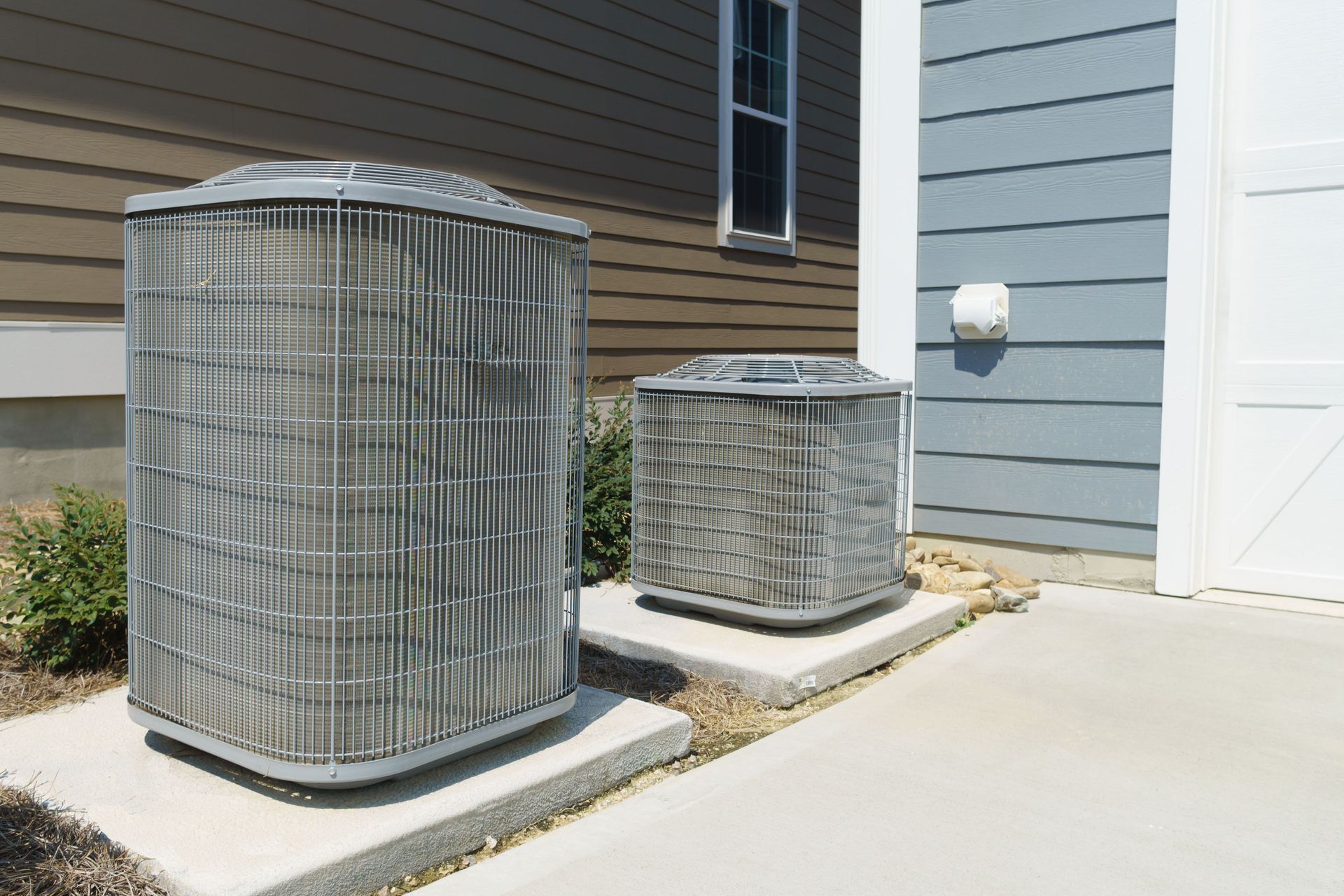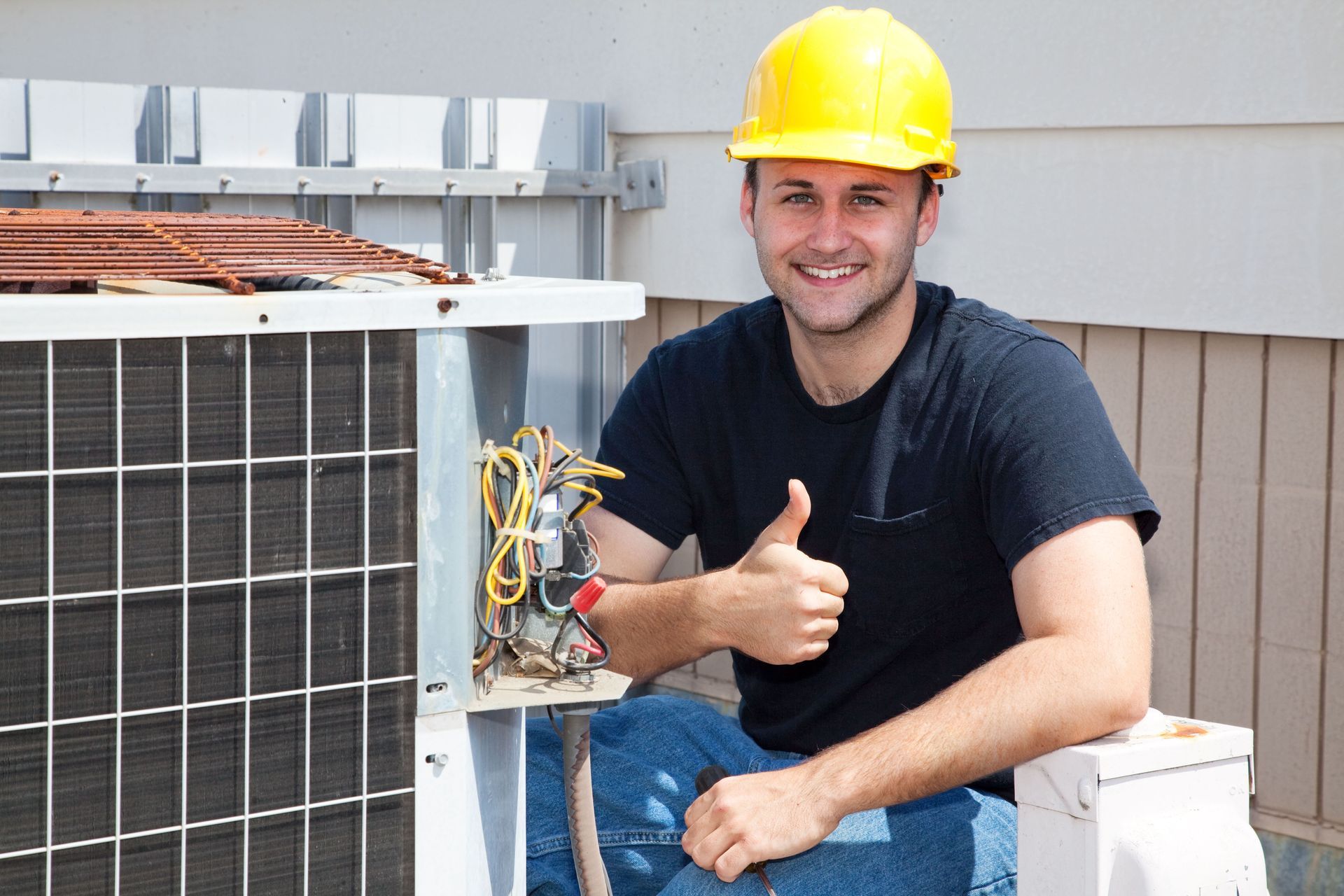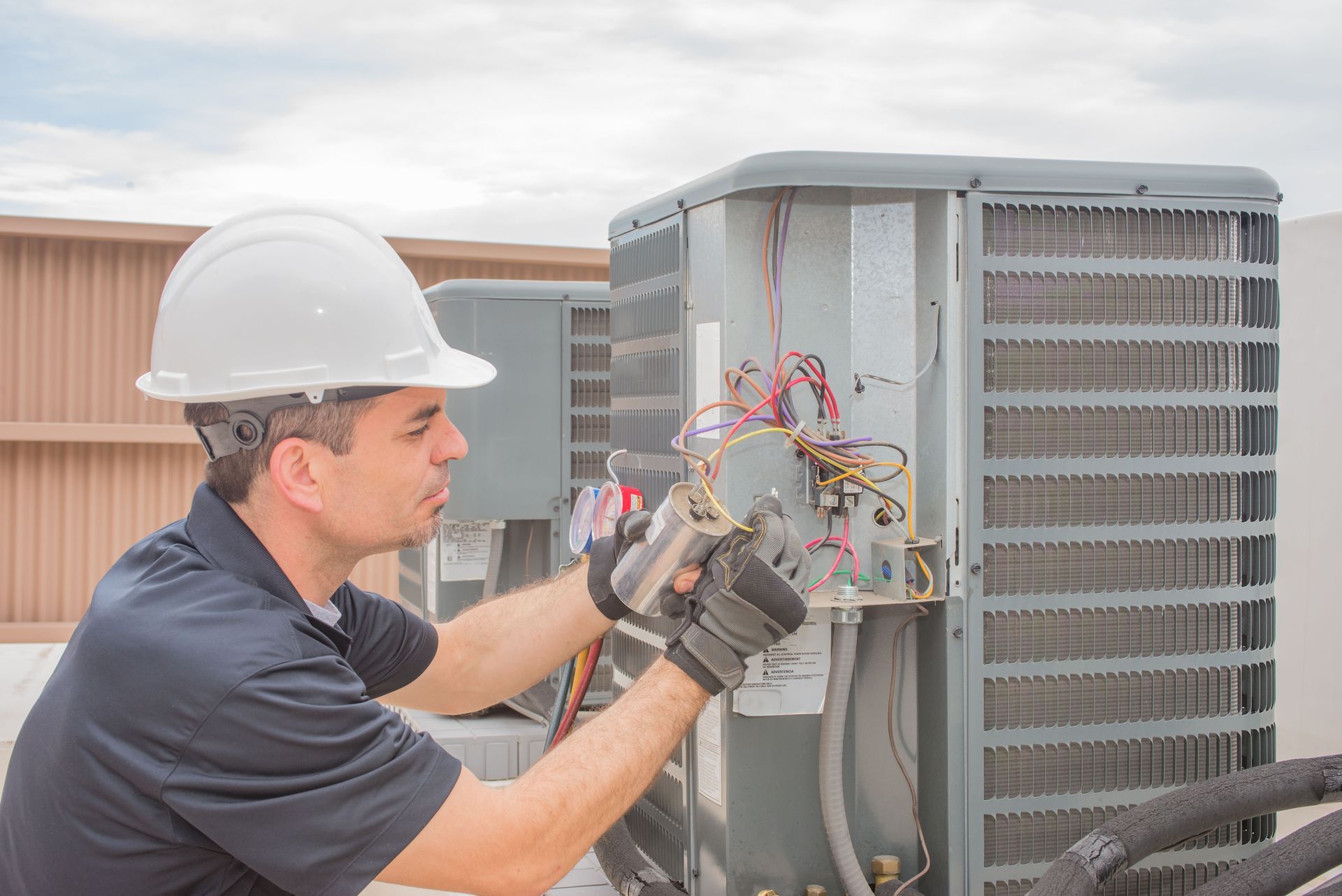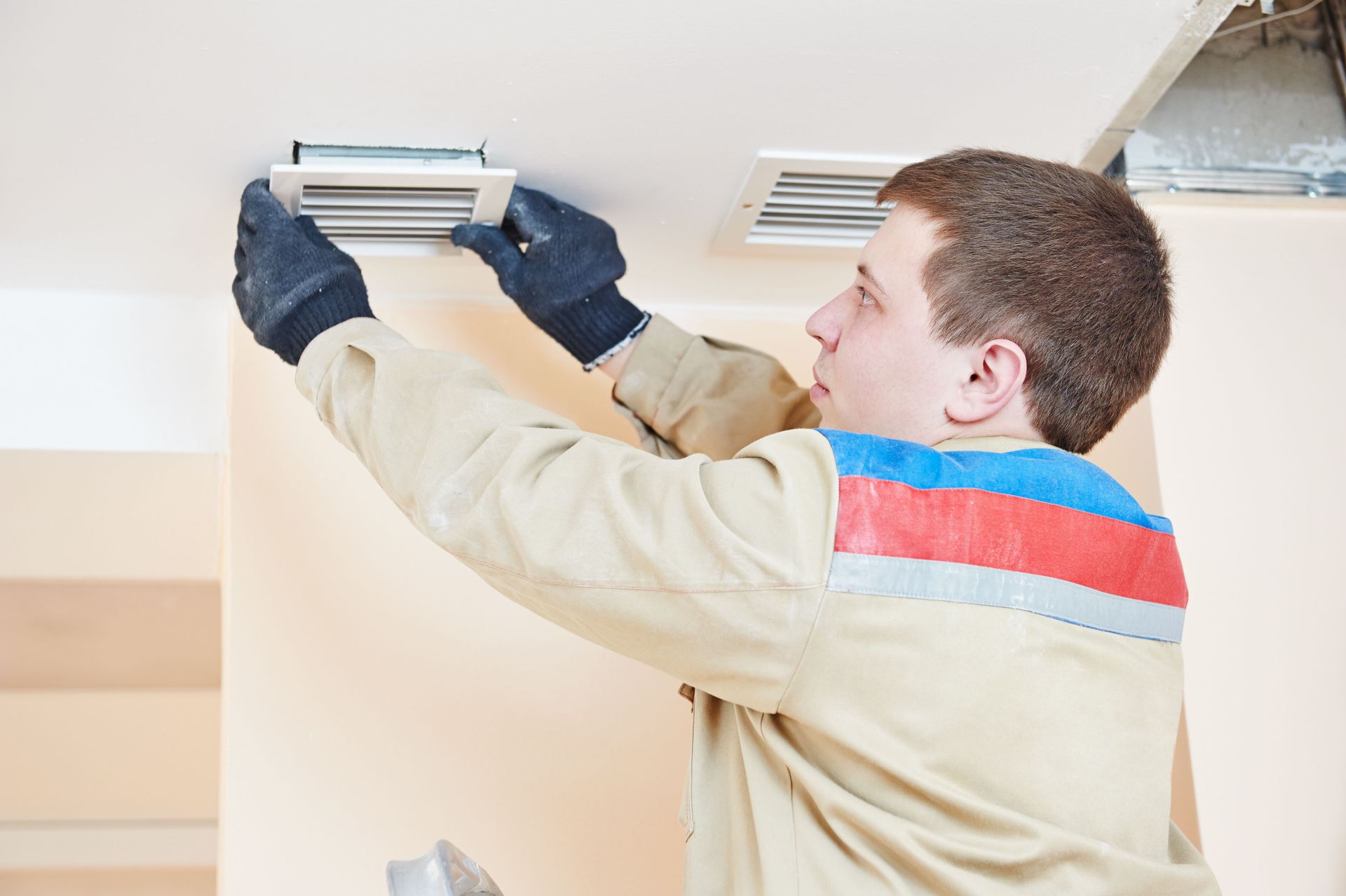Why So Many American Households Rely on Air Conditioning
Over the past few decades, air conditioning has become an essential part of daily life for the vast majority of Americans. This growing reliance is primarily driven by changing climate patterns, technological advancements, and evolving expectations regarding comfort and modern living standards. As more households depend on cooling systems, the demand for reliable local AC repair services has also increased. This article will examine the trends behind this widespread dependence, explore the associated costs, and consider future solutions to manage energy use and mitigate environmental impact.
Understanding the Adoption of Air Conditioning in American Homes
Air conditioning was once viewed as a luxury reserved for the wealthy or for commercial buildings, but over time, it has become a standard feature in most American homes. As lifestyles have evolved and comfort expectations have increased, homeowners now consider air conditioning a basic necessity rather than an optional convenience. According to This Old House, nearly 90% of American households are equipped with air conditioning units, highlighting the technology's deep integration into everyday life. This shift reflects not only changing personal preferences but also the influence of broader social and environmental trends.
The widespread adoption of air conditioning can be attributed to the growing affordability and availability of advanced cooling systems. Innovations in energy efficiency and mass production have made air conditioning more accessible to families across a range of income levels. Additionally, regional climate changes and longer, hotter seasons have intensified the demand for consistent indoor comfort. As a result, local AC repair services have become increasingly important, providing homeowners with timely maintenance and support to ensure their systems continue to operate effectively.
Examining the Economic Impact of Air Conditioning Use
The widespread use of air conditioning carries notable economic consequences for both individual households and the broader national economy. For many families, the financial burden includes not only the initial purchase and installation of an air conditioning unit but also ongoing maintenance, repairs, and energy bills. These expenses can strain household budgets, especially during peak summer months when systems run continuously. In response, services from local AC repair experts have become essential, helping homeowners extend the lifespan of their systems and avoid the higher costs associated with premature replacement.
At a national level, the economic impact extends beyond individual utility bills. The collective energy consumption from air conditioning contributes significantly to overall electricity demand, placing pressure on power grids and influencing the pricing structure of utilities. This increased demand also influences energy policy, driving the need for improvements in infrastructure, efficiency standards, and sustainability measures. As air conditioning continues to be a vital part of modern life, balancing its economic effects remains a key concern for policymakers and consumers alike.
Addressing the Environmental Impact of Air Conditioning Systems
While air conditioning offers essential relief during hot weather, it also raises serious environmental concerns. The high energy demand associated with cooling systems contributes to increased greenhouse gas emissions, as a significant portion of the nation's electricity is still generated from fossil fuels. This link between air conditioning and carbon output underscores the need for more sustainable energy practices.
Another environmental issue stems from the refrigerants used in many traditional air conditioning units, which can damage the ozone layer if not properly managed. Fortunately, technological advancements are leading to the development of more environmentally friendly refrigerants and energy-efficient systems. As these innovations become more prevalent, local AC repair services play a crucial role in helping homeowners transition to greener, more environmentally responsible cooling solutions.
Advancing Technological Solutions in Air Conditioning
Looking ahead, the future of air conditioning hinges on innovative solutions that aim to reduce its environmental impact while maintaining efficiency. Innovations such as smart thermostats, improved building materials, and energy-efficient models are at the forefront of this green transition. Additionally, the adoption of renewable energy sources to power air conditioning units presents a promising avenue for mitigating the negative effects of this otherwise indispensable technology.
The near-universal reliance on air conditioning in American households highlights its essential role in modern life. However, concerns about cost and environmental impact necessitate more innovative approaches to utilizing and maintaining these systems. With support from services like local AC repair technicians and a focus on innovative technologies, we can preserve indoor comfort while promoting long-term sustainability. Contact Yates Heating & Air for more information about HVAC services!





Share On: